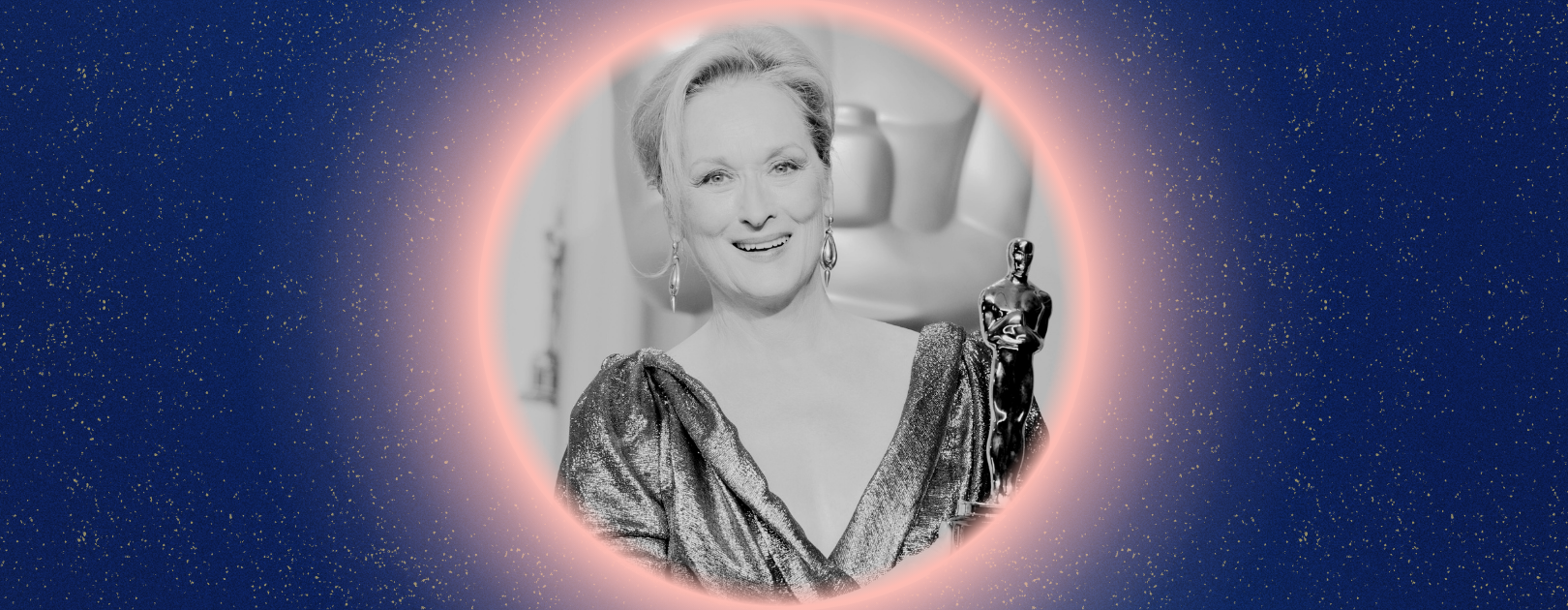Table of Contents
This post was initially published in 2012 on thegreatkh.wordpress.com. I am able to enjoy Meryl Streep movies much more than I did ten years ago, but I still think this is a fun perspective.
Why Meryl Streep Isn't the Best Actress Alive: A Case for Classic Hollywood's Forgotten Stars
A critic for Entertainment Weekly magazine declared Meryl Streep "obviously the best actress alive today." I beg to differ.
Are we really going to overlook Maggie Smith, Judi Dench, and all the other great Dames for Meryl Streep? I may be the only self-respecting film critic who remains unimpressed with Meryl Streep as an actress.
The Problem with Perfect Technique
Don't misunderstand me – I acknowledge her skill as a performer. However, I'm not bowled over by her measured, calculated acting style. She seldom becomes the character. She is always Meryl Streep acting, even when she's acting brilliantly. If one looks closely enough at her performance, one can see her playing the part. Her acting shows, rather like when a woman's slip accidentally shows below the hem of her skirt. We're not surprised it's there. We're impressed that she's so thorough in her attire. But we know we shouldn't see it.
Comparing Legends: Streep vs Hepburn
Meryl Streep has more Oscar nominations than Katharine Hepburn. I'll be damned if she gets more wins. You can't really compare the two performers, but I will anyway. Meryl Streep is probably more skilled at her craft technically. Miss Hepburn developed her technique (if you can call it that) over time as she experimented with a wider variety of roles.
Miss Hepburn's value always lay in her position as a personality, or persona. I might criticise Meryl Streep for always being herself on screen, but in Hepburn's case, that was the point. Many actresses of classic Hollywood served more as personalities than traditional actresses: Bette Davis, Joan Crawford, Mae West, Lucille Ball. They all had talent, to be sure, but as Hepburn herself said:
The Missing Element: Star Power
The problem is, Meryl Streep doesn't have that powerful personal presence. I'm sure she's very nice, but I don't think she's particularly interesting. Those women from the 1930s might not have been very nice, but my goodness, they were fascinating!
Bette Davis and Joan Bakewell discuss her “high” style of acting in conversation at the National Film Theatre in 1972
The Script Selection Advantage
I don't wish to attack Meryl Streep. I think she is a fine performer, an artist. In this case, I'm criticising the audience for being so impressed by her technical talent. There are many actresses who bring so much more to their films – talent, yes, but also soul, spirit, strength, courage, energy, life.
What gives Meryl Streep the edge is her uncanny ability to pick great scripts. My word, can she pick them! In so many of her recent films, the characters have practically written themselves. Meryl Streep, without a doubt, has landed roles with characters who carry their own weight.
Character-Driven Success
Both Margaret Thatcher and Julia Child are meaty characters with unique characteristics that an actress can sink her teeth into, which Streep does very well. She's also backed by writers, directors, make-up artists, and costume departments who cultivate each film to show her at her best. She has an acting style that pleases the public, and with that she's earned a position in the industry that affords her the luxury of decent parts. Good for her.
A Call for Equal Opportunities
Now let's find scripts, directors, and production teams for Viola Davis (luckily they have done this in the years since 2012!) and see what happens there. The industry's responsibility extends beyond celebrating established talent to nurturing and showcasing the diverse voices that deserve equal opportunities to shine.
Why This Matters for Film History
Classic Hollywood understood something we've forgotten: personality matters as much as technique. The great stars weren't necessarily the most technically proficient performers – they were the ones who brought something indefinable to the screen. That magnetic quality that made audiences care about them as people, not performers playing roles.
When we elevate technical perfection above personality and presence, we risk losing what made film stardom so compelling in the first place. The golden age of Hollywood gave us icons who were larger than life, flawed perhaps, but undeniably fascinating. That's the standard against which all performance should be measured.





